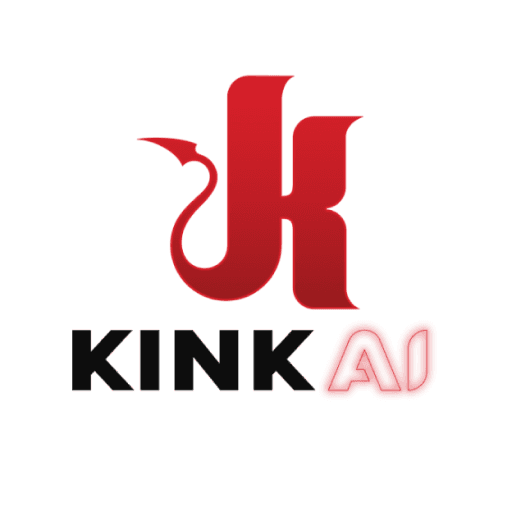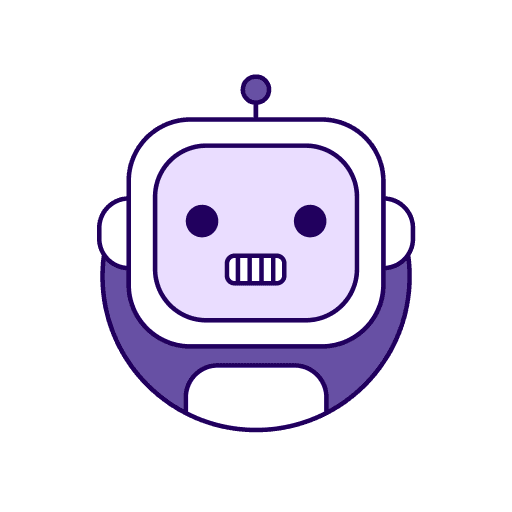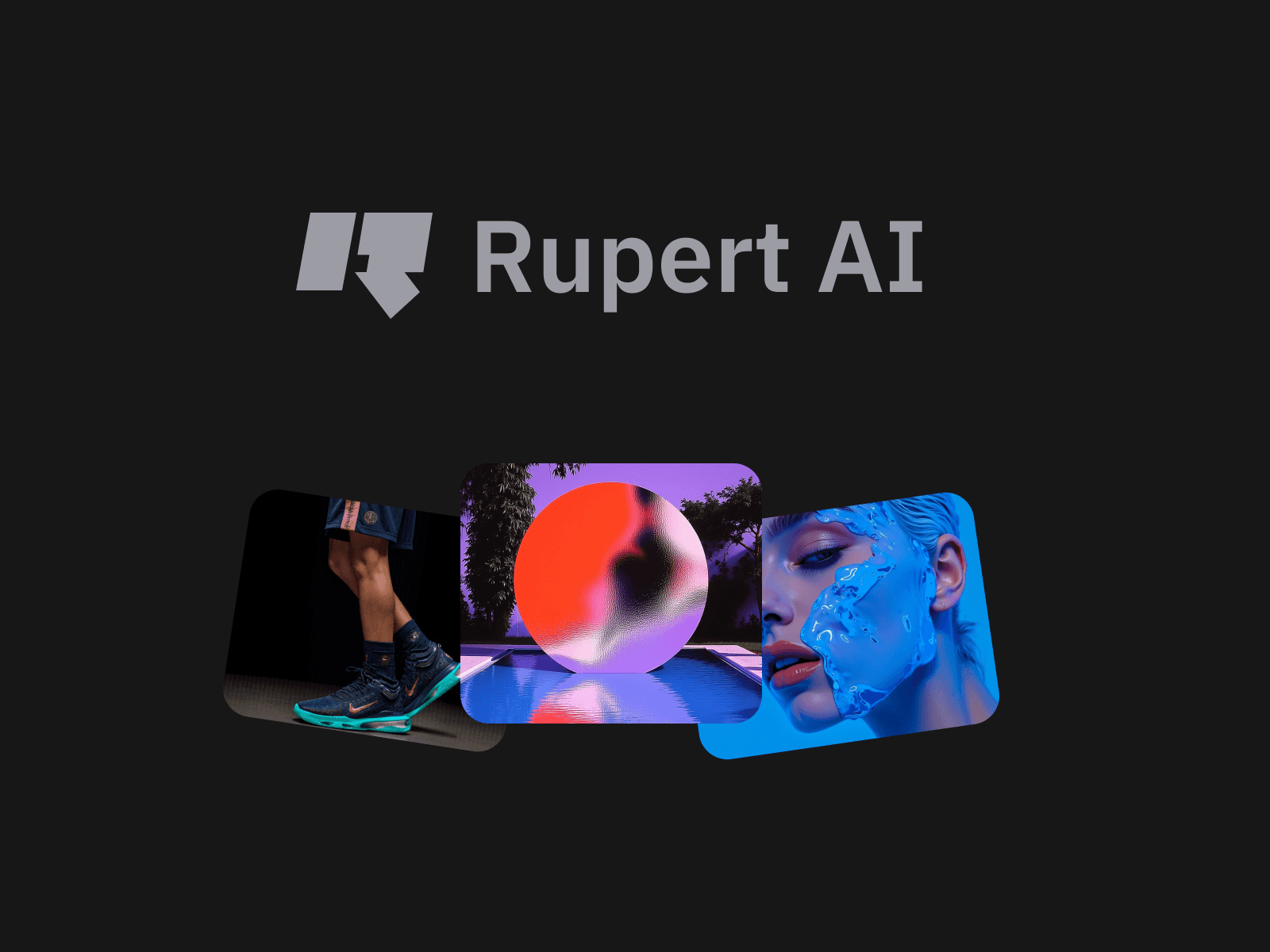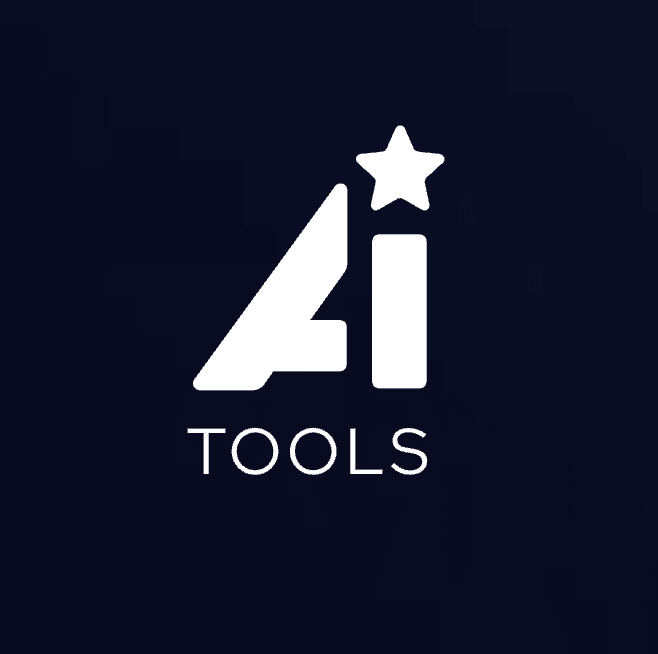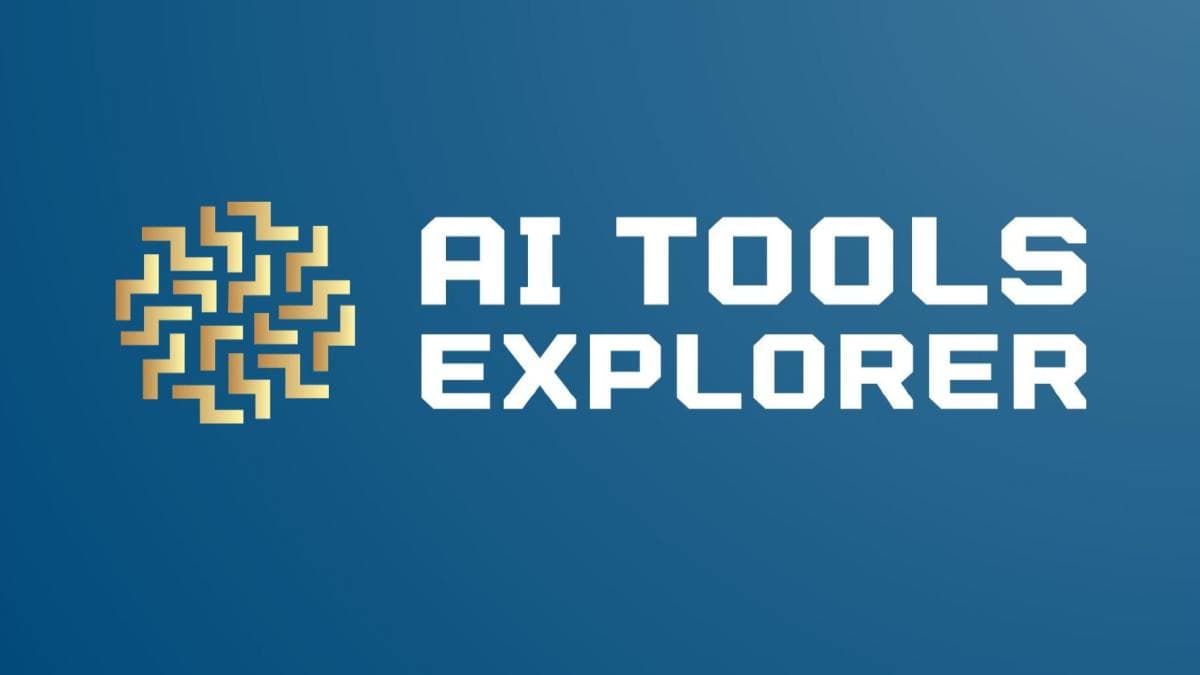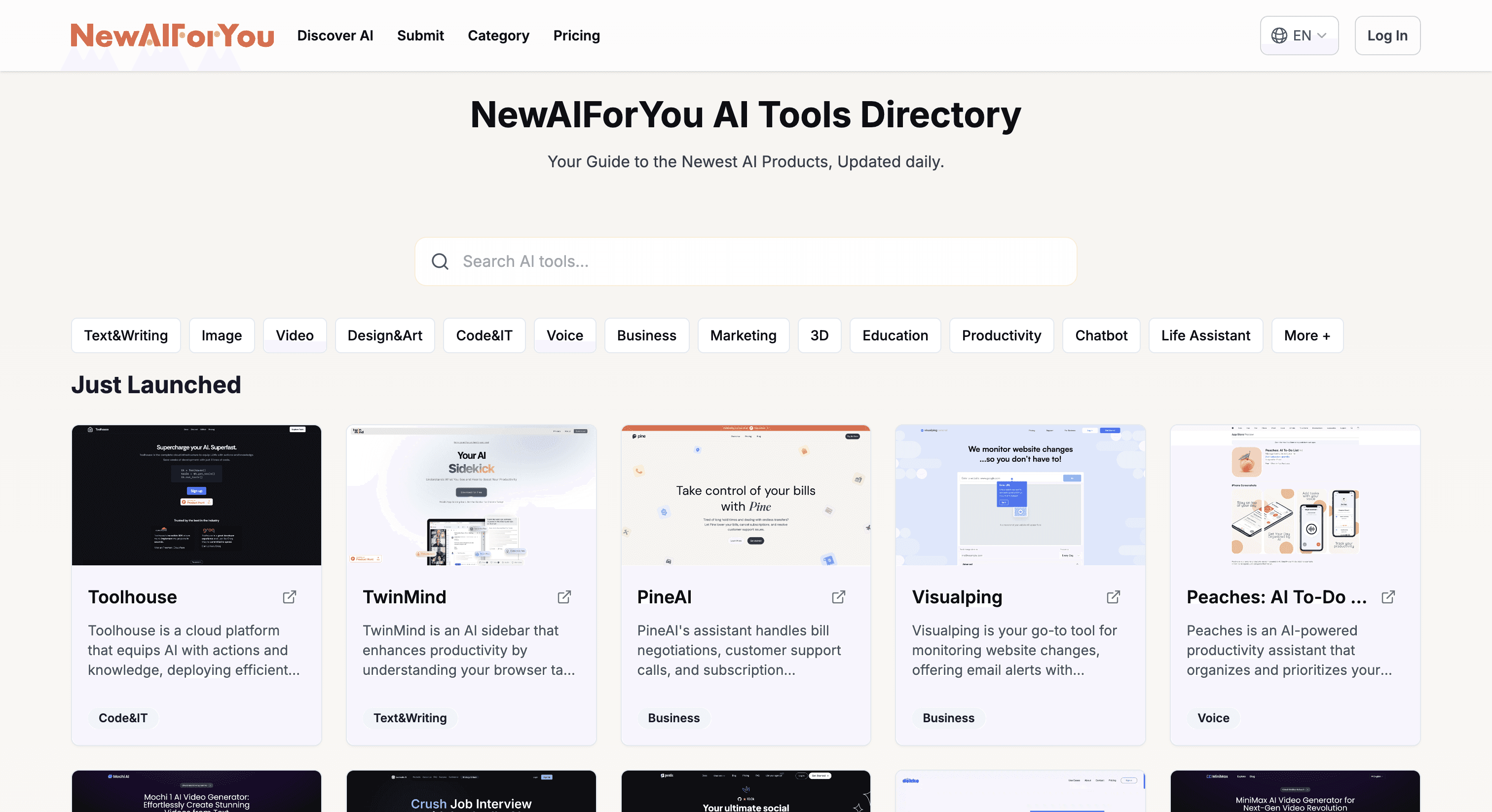Lisapet.ai vs. Lightning AI
Lisapet.ai
Lisapet.ai is the next-level AI product development platform that empowers teams to prototype, test, and ship robust AI features 10x faster. Key Features - Best-in-class AI Playground: Swiftly test and iterate your prompts. Reduce the hassle of prompt prototyping. Our best-in-class AI playground makes the workflow faster, saving you time and effort in designing prompts. - Test-driven prompt engineering: Evalute and measure quality across large data sets. Build a collection of test cases to find the best prompt/model combination across different scenarios Benefits - Save Time: Cut down manual testing and free up your team to focus on shipping features. - Increase Confidence: Automate your testing to ensure reliable AI behavior before deployment. - Optimize Performance: Easily identify the best-performing prompts through side-by-side testing and real-time analytics.
Lightning AI
Lightning AI is the company behind PyTorch Lightning, the deep learning framework for training, finetuning and serving AI models (80+ million downloads). PyTorch Lightning started in 2015 by Lightning founder William Falcon while working on computational neuroscience research at Columbia University scaling Generative Adversarial Networks and Autoencoders in the context of neural decoding working under Liam Paninski. He open sourced it in 2019 while pursuing a PhD in self-supervised learning (SSL) at NYU and Facebook AI Research (FAIR) supervised by Kyunghyun Cho and Yann Lecun. SSL techniques are at the heart of models like Chat GPT (next word prediction). In 2019 PyTorch Lightning started to be used to train huge models on 1024+ GPUs inside Facebook AI. Today, it’s used by over 10,000 companies and 1+ million developers to train, finetune and deploy the world’s largest models. Lightning AI started in 2020 as a platform to train models on the cloud across 1000s of GPUs. Today,...
| Item | Votes | Upvote |
|---|---|---|
| No pros yet, would you like to add one? | ||
| Item | Votes | Upvote |
|---|---|---|
| No cons yet, would you like to add one? | ||
| Item | Votes | Upvote |
|---|---|---|
| You can build e2e AI solutions | 1 | |
| Scale your models to dozens of GPUs in a few clicks | 1 | |
| You can collaborate with your team on the cloud | 1 |
| Item | Votes | Upvote |
|---|---|---|
| No cons yet, would you like to add one? | ||
Frequently Asked Questions
Lisapet.ai is designed to streamline AI product development by allowing teams to prototype, test, and ship AI features quickly. It offers a best-in-class AI playground for prompt testing and a test-driven approach to prompt engineering, optimizing performance and reducing costs. On the other hand, Lightning AI provides a comprehensive platform for training, finetuning, and serving AI models, built around PyTorch Lightning. It is ideal for projects that require scaling models across multiple GPUs and offers end-to-end solutions for AI app deployment. The choice depends on whether your focus is on rapid feature development and prompt engineering (Lisapet.ai) or on training and deploying large-scale AI models (Lightning AI).
Lightning AI is particularly suited for large-scale AI model training due to its foundation in PyTorch Lightning, which is used by over 10,000 companies and 1+ million developers. It supports training on 1000s of GPUs and offers a platform for distributed data processing, finetuning, and deploying AI applications. Lisapet.ai, while providing tools for prompt testing and AI feature development, may not focus on the large-scale model training capabilities that Lightning AI excels in. Therefore, Lightning AI is more appropriate for large-scale AI projects requiring extensive computational resources.
Lisapet.ai is an advanced AI product development platform designed to help teams prototype, test, and deploy robust AI features more efficiently. It offers a best-in-class AI playground for prompt testing, test-driven prompt engineering, and various benefits like saving time, increasing confidence, optimizing performance, and reducing costs.
Lisapet.ai includes several key features such as a best-in-class AI playground that facilitates prompt testing and iteration, test-driven prompt engineering for evaluating quality across data sets, and tools to automate testing and build test cases for optimal prompt and model combinations.
Users of Lisapet.ai can benefit from reduced manual testing time, increased confidence in AI behavior before deployment, optimized performance through real-time analytics, seamless collaboration with stakeholders, and cost reduction through detailed monitoring of token usage.
Lisapet.ai is ideal for rapid development of AI-powered features, enabling scalable prompt engineering by automating testing and validation. It also supports collaborative testing by allowing cross-team collaboration, sharing reports, and integrating feedback seamlessly.
Lightning AI is the company behind PyTorch Lightning, a deep learning framework for training, finetuning, and serving AI models. The platform offers a comprehensive end-to-end solution for AI development, from distributed data processing and model training to deployment and serving AI applications.
Pros of Lightning AI include the ability to build end-to-end AI solutions, scale models to dozens of GPUs with just a few clicks, and collaborate with your team on the cloud. Currently, no cons have been listed.
PyTorch Lightning was founded by William Falcon in 2015 during his computational neuroscience research at Columbia University. He open-sourced the project in 2019 while pursuing a PhD at NYU and Facebook AI Research (FAIR).
PyTorch Lightning is used for training, finetuning, and deploying AI models. It is utilized by over 10,000 companies and more than 1 million developers to handle large-scale models on extensive GPU clusters.
The core ethos of Lightning Studios is 'You do the science, we do the engineering.' This philosophy aims to provide an intuitive, easy-to-use, and fast platform for AI research and deployment, enabling users to focus on scientific innovation while Lightning Studios handles the engineering complexities.





